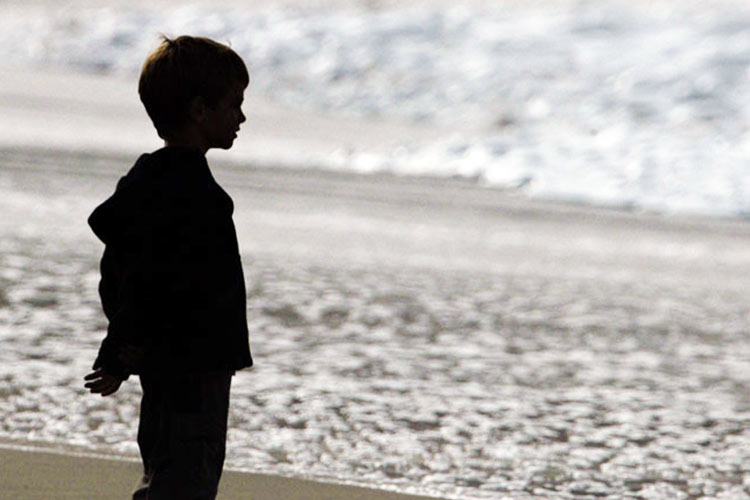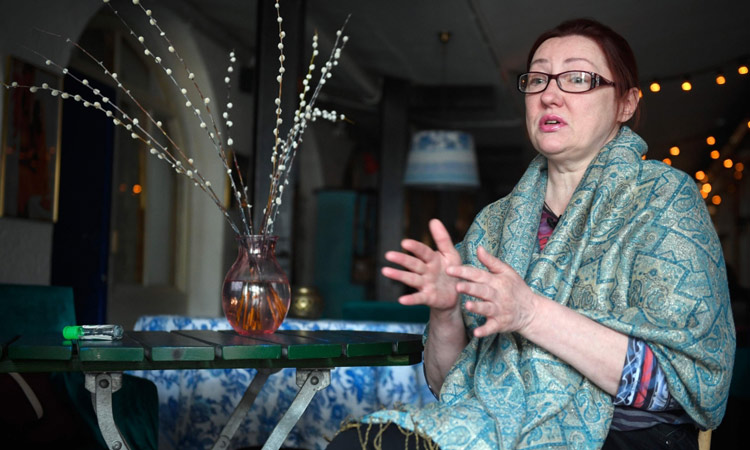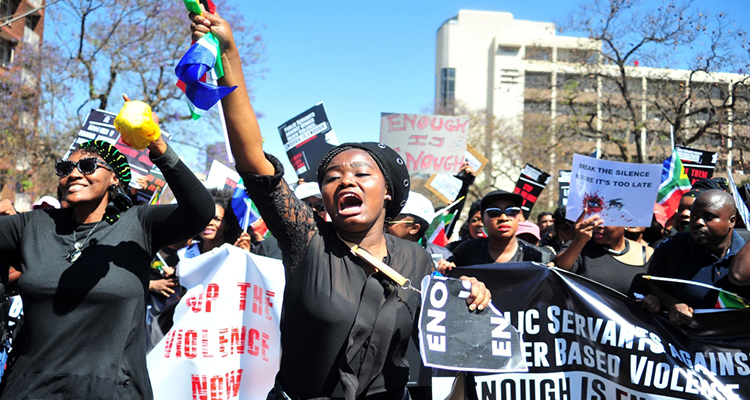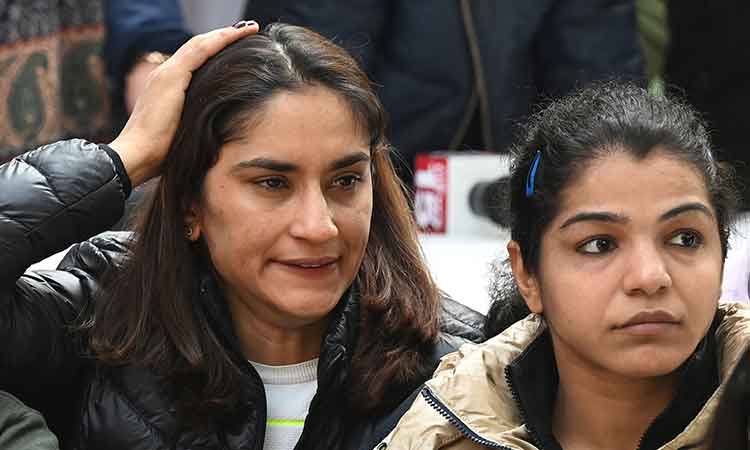Former Australian gymnasts reveal ‘dark and horrible’ abuse

A file photo taken on 18 March 2006 shows Australia's Chloe Sims displaying her gold medal after the Women's All-Round Final during the Artistic Gymnastics at the 2006 Commonwealth Games in Melbourne.
A host of former Australian gymnasts have gone public with accounts of physical, mental and emotional abuse in the sport, which left at least one young athlete contemplating suicide.
Their decision to highlight the "dark and horrible" abuse follows the recent release of American documentary 'Athlete A,' charting investigations into USA Gymnastics doctor Larry Nassar, who was jailed for life in 2018 after abusing more than 250 athletes.
The documentary has prompted a number of gymnasts to come forward in different countries. This month, British Gymnastics launched an independent review into claims of bullying and abuse.
While none of the Australian allegations involves sexual impropriety, they detail body-shaming, neglect and manipulation, prompting Gymnastics Australia to issue an open letter late on Wednesday praising those who have gone public.
READ MORE
Coronavirus vaccine key for Olympics go-ahead in 2021
Guardiola seeks more consistency from Man City next season
"At my supposed peak I was an anxious, stressed and depressed teenager," Chloe Gilliland, who as Chloe Sims won gold at the 2006 Commonwealth Games in Melbourne, said on Facebook this week.
"At 17... I felt it was easier to end my own life than to give in to what they wanted me to be."
Gilliland said she suffered from bulimia as coaches constantly told her she was "too heavy".
"If they weren't making comments about being 'heavy for the day', the next thing they would revert to saying was that I was just stupid."
She said she was speaking up "because behind those smiles on the podium, are dark and horrible things that happen in the gym behind closed doors".
'Abuse needs to stop'
Mary-Anne Monckton, a silver medallist at the 2014 Commonwealth Games in Glasgow, said until now she was "scared" to share her story, "but at some point, someone has to stand up for the athletes".
"The abuse (physical, mental and emotional) needs to stop, or at least be stamped out of our sport," she added.
"I, like so many others, have experienced body shaming, have had food withheld, been yelled at until I cried... and been manipulated and 'forced' to do things that I was not physically ready for or capable of doing."
Dual Olympian Georgia Bonora also went through "some terrible experiences at major international competitions and national training camps between 2006-2012".
"Throughout that particular time, there was a culture of fear created by people in power," she said, while stressing that not everyone was at fault.
Similarly, Olivia Vivian said after reaching her goal of becoming an Olympian in Beijing in 2008 "I was a broken athlete and even worse, a broken person", recalling "lots of yelling and many forms of criticism".
Kitty Chiller, who was Australia's chef de mission at the 2016 Rio Olympics and is now head of Gymnastics Australia, said the organisation had "zero tolerance" for any form of abuse.
"Ensuring we have a community and a membership that feels safe and is safe, supported and empowered is our highest priority," she said, adding that a confidential complaints procedure was now in place.
"We acknowledge and applaud those who have spoken up – their courage and their voice. I want you to know that we are here to listen. And we are here to act."
In a bid to encourage further dialogue, Gymnastics Australia said it would set up athlete-led "listening groups" to determine what more needed to be done.
"While we have accomplished a lot in recent years, I know that our work in this area is not finished, nor should it ever be," said Chiller.
Agence France-Presse






